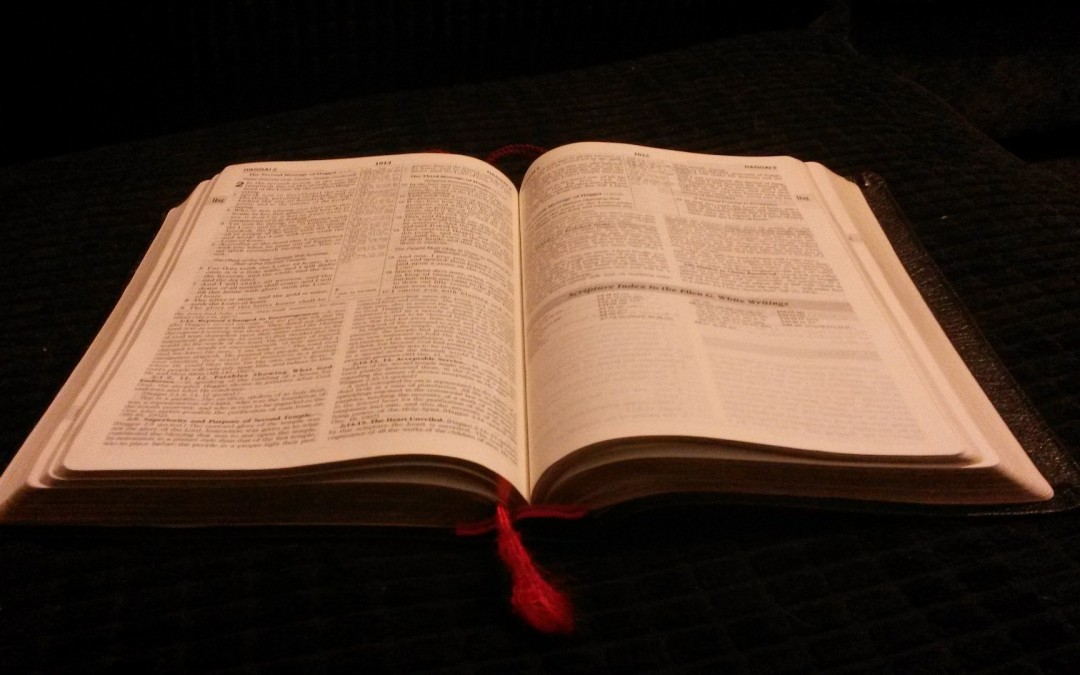5th Sunday of Easter 2019
There is a fairly clear set of ideas in this morning’s Gospel: glory and love. Glory, as we all know, means a nice knock down argument, but don’t take my word for it, as that definition comes straight from Humpty Dumpty, who, as we know, can make any word suit his own purpose. Love is a word that is bandied about without much thought for its complexities. So not much help there.
The context is the upper room, during the last supper. Jesus is with his disciples, sharing Passover together as they had done many times before, but this time they are in Jerusalem, and, as the text says, Judas has left the company to garner a group of thugs to arrest Jesus and hand him over to the authorities. Judas feels betrayed, and wants to do away with Jesus, to denigrate all that Jesus has said and done, to wipe out any memory of him from Israel. But it is at that moment that Jesus says that he has been glorified – the betrayer is on the loose, torture and death beckon, but Jesus says that he has been glorified by God. How?
What we see in Jesus at this moment is humanity at its very best. Betrayal is possibly one of the worst things a human being can do to another, and betrayal to death is appalling, but Jesus, who knows what is afoot, does not run from it, nor ignore it. Instead, he welcomes the worst that humanity can do to him, so that he can do the best that God can do for humanity. Jesus will die so that we can live, and rise again, so that we can have fullness of life. And that is glory.
Now, if that is the best that God can do for us, is it any wonder that Jesus should ask of us to do the same? Not for us to find glory, but for us to love one another, in the same way that Jesus has loved us. But this is more than a request – this is a commandment. It follows hard on the heels of another commandment that Jesus gave his disciples – to remember him in bread and wine, which is what we are doing this morning – two new commandments, that take our worship to another place, and our love response to a practical outworking of God’s love in the world.
Which is harder? To come here on a Sunday morning and remember Jesus in bread and wine, or to love sacrificially the people who are sat around us this morning, as Jesus loved us,? I would imagine that we would automatically say “remembering Jesus” – we just have to turn up, and the rest is done for us. But to love sacrificially, as Jesus loved us, that is much, much harder.
Is it possible to command love? In a human situation, it is probably not – love grows naturally, either within the family or between friends. But Jesus commands us to love one another. Then is it possible to teach love? Is it a function of parents, or godparents, or Junior Church leaders, or – heaven forfend – the vicar? How are we going to do it?
The first thing to do is to open our eyes, really to look around us and see people. Not to stare, as that would be rude, but to look and recognize in the other people who fill this space that they are loved by God and redeemed by the risen Christ, and that we all stand together in God’s love in exactly the same way. That is the first step on the road, as Jesus was able to look at everyone he met and see in them a child of God, loved by God and he was therefore able to express the love of God to them in the ways that they needed – healing, teaching, encouragement, rebuke, friendship.
And then we talk to all these people, and then we pray for them, and then we find the things that they like and the things that they need, and we share their burdens and grow together in Christ.
And then we discover that there are people here that we don’t know, so we talk to them, and share with them, and rejoice with them.
And then we discover that there are people we know who are not here, so we invite them along and go through the whole process with them – and that is what Christ means by his new commandment – a process of love that engages with others and includes them, shares freely with them and enjoys their company, whoever they are.
And the ones who are difficult to love? (there are always some of them) We persevere, we remember the commandment, we put it into practice. It can be hard work, but Christ commands us to do it, for his sake, and so we must.
Loving and remembering, the two practical ways that Christ gave us to build up his people and to change the world. Let’s embrace them this morning, remember Christ in bread and wine, and change the world through his love. Amen

